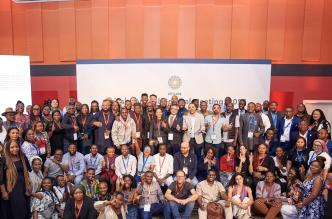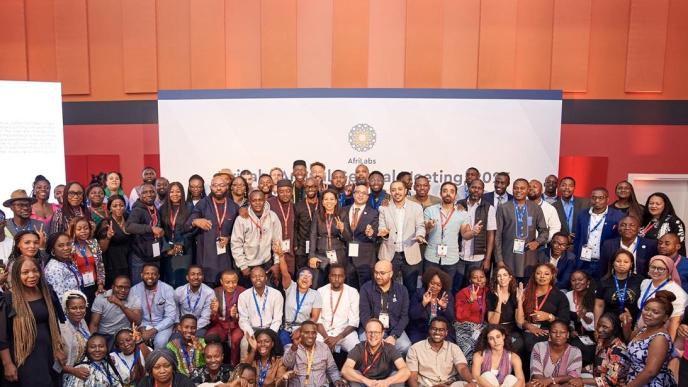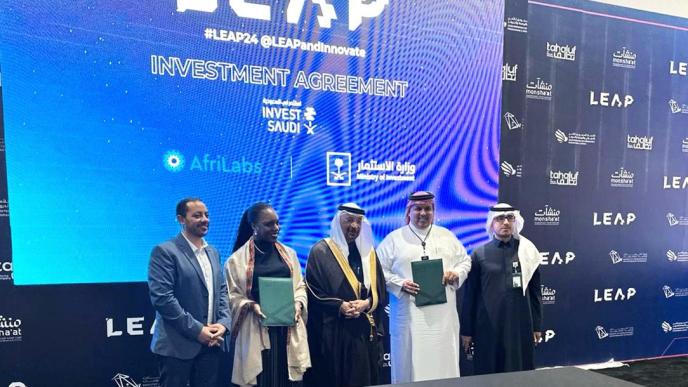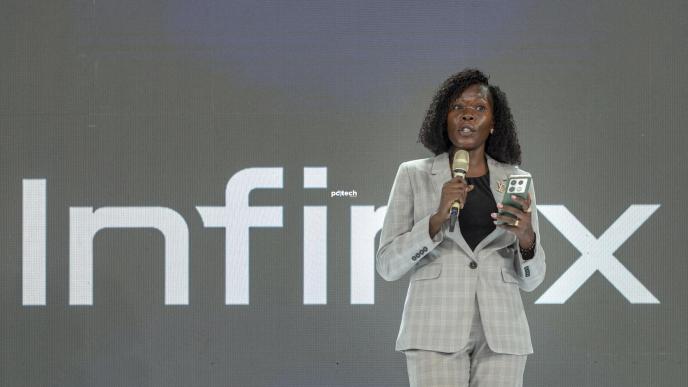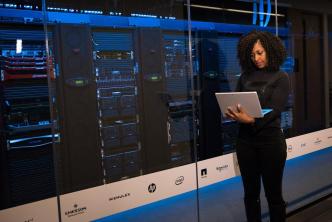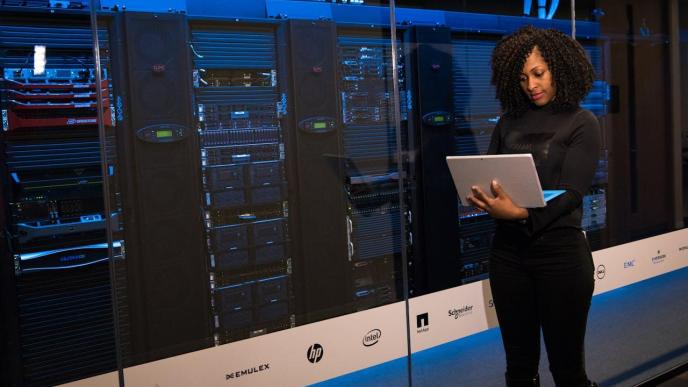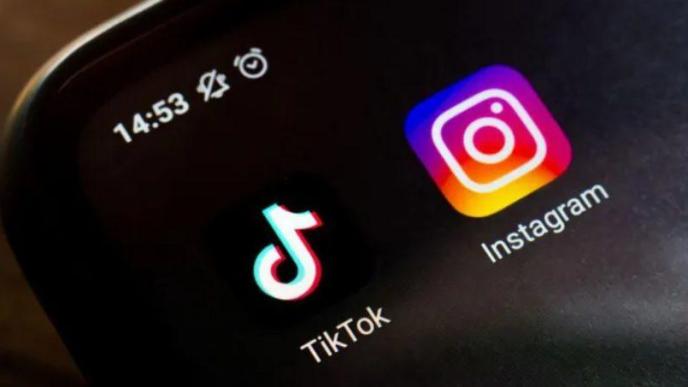Rafaela Frankenthal, co-founder and CEO of SafeSpace, has urged investors to work harder at finding women-founded projects to support.
Speaking on a panel at Web Summit Rio, Rafaela challenged investors to do more to seek out and support women founders and to be accountable for diversity levels.
“If you’re an investor, invest in women. They exist. Look for them. Diversify your pipeline sourcing,” Rafaela said. “If you’re a founder, mentor women. Invite them to social events. Celebrate their achievements. Hire them.”

Rafaela added, “If you have a 70-percent male team, that’s not good enough. You can do better, so hold yourself accountable and hire women. And, if you’re a leader working in a tech company, promote diversity and inclusion initiatives, and question decision-making processes and biases in hiring and promotion. So everyone has a responsibility here, and there is something for each one of us to do.”
Rafaela told the audience at the summit about her struggles to secure funding as a woman founder. “Drawing from my personal experience as a tech founder, the biggest obstacle that women face today is access to capital. It’s really hard — could say impossible, in some cases — to build innovative technology without access to capital, and the VC industry today is dominated by men.
She added, “There are biases everywhere in the decision-making processes — especially when we’re speaking of the early stage, where most of the decisions are mainly based on gut feeling, so they are vulnerable to biases — and this is a huge problem.”
However, Rafaela did say that women were starting to have a huge impact in previously neglected areas of tech.
“I think there is so much exciting stuff going on in tech at the moment, and we’re seeing the first batch of female founders finally getting access to the opportunity and building their vision,” Rafaela remarks. “So I think the most exciting opportunities here are in areas that have been neglected or not invested in enough because these are problems that disproportionately affect women.”
“So we now call it femtech,” she said. This is talking about problems that affect women more than men. Some examples she gave included period pain, endometriosis, and IVF, to mention a few.
Also read:
On the same panel, Infratoken founder and chief product officer Caroline Nunes spoke about the challenges in hiring women in tech and her own experience of trying to hire women for a backend position.
“I was faced with 229 applicants, and 218 applicants were men. We only had nine applicants as women and, from those nine, we got two women qualified with the minimum qualifications for the job,” explained Nunes. “They passed the interview part, but they failed the test part. And I was really sad about this, because even [when] I try to hire our women for the tech industry for my team, I am not able to hire.”
In her little research to see where it all happens, she found out that fewer women are graduating in the IT field.
This wider discussion on women in tech happened at Web Summit Rio, where more than 34,000 people gathered to discuss the most pressing questions around technology and to make the meaningful connections that will shape the future.
ALSO READ: UNVEILING POTENTIAL: WOMEN’S JOURNEY TO SUCCESS IN STEM AND STARTUP CULTURE


